Projects have improved livelihoods, strengthened international cooperation
The Belt and Road Initiative has provided the Xinjiang Uygur autonomous region with unprecedented opportunities for development and has helped improve the livelihoods of the residents, a senior official of the region said.
After a decade of exploration and practice, Xinjiang has made breakthroughs in promoting the construction of BRI projects, Yusupjan Mamat, vice-chairman of Xinjiang regional government, said in an interview with Xinhua News Agency on Tuesday. "Xinjiang will continue to expand its opening-up and promote the high-quality development of the BRI core area to achieve new progress and results," he said.
As the core area of the BRI, Xinjiang — which borders eight countries, including Kazakhstan, Pakistan and Mongolia — has made continuous efforts in areas such as policy coordination, infrastructure connectivity, financial integration and people-to-people exchanges over the past decade.
"Xinjiang's circle of friends has been expanding," Yusupjan said, noting that regional enterprises have made investments in more than 60 countries and regions. They have also built four overseas economic and trade cooperation parks, and have organized seven China-Eurasia expos and nearly 50 commodity fairs in the past 10 years.
At present, the region has 118 international road transportation routes, accounting for one-third of China's total, and its second railway line with Kazakhstan has been completed and put into operation. By the end of August, 65,000 China-Europe freight trains — more than half of such trains in the nation — had passed through Xinjiang.
Furthermore, the region has been accelerating the formation of a modern industrial system supported by major local industries such as green mining, grain and oil, cotton, textiles and clothing in recent years.
"With a series of preferential policies bolstering support for Xinjiang in trade, logistics, agriculture and energy, the region's advantageous industries have accelerated upgrading, which has provided new momentum for high-quality development," Yusupjan said.
He added that it has been proved that Xinjiang has the foundation, advantages and potential for opening-up and development, which can further benefit people of all ethnic groups in the region.
"Xinjiang has always given priority to ensuring and improving people's well-being so that people of all ethnic groups can share the fruits of reform and opening-up and stable development," Yusupjan said.
The BRI has significantly improved connectivity in the region. Currently, all prefectures and cities in Xinjiang are connected to expressways, all county-level areas have better roads, and all townships feature paved roads. In addition, 25 civil transportation airports have been built and put into operation, more than any other provincial-level regions in China.
Noting that BRI cooperation now faces new challenges, tasks and requirements, Yusupjan said that Xinjiang will continue to focus on its priorities, push for a deeper and wider opening-up and make new and greater contributions to promoting the high-quality development of the region.








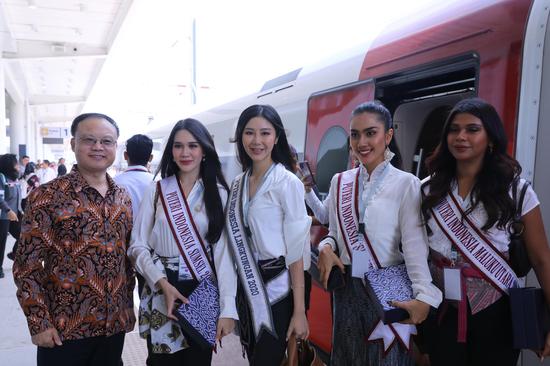

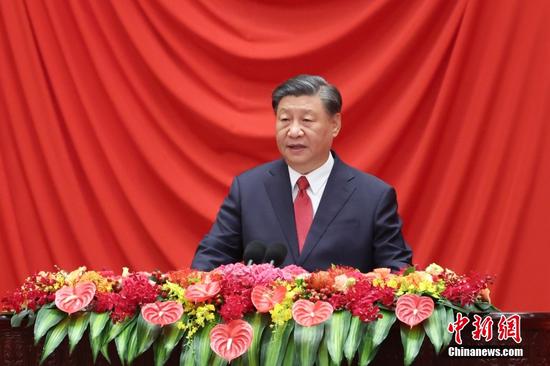






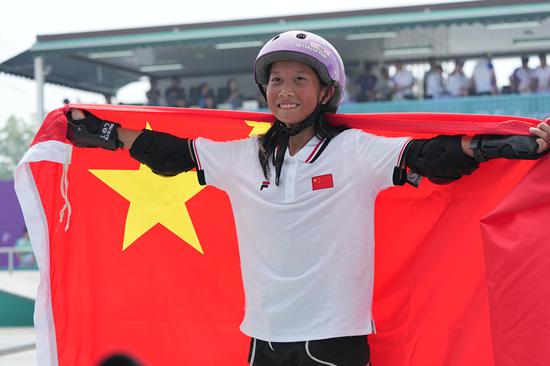

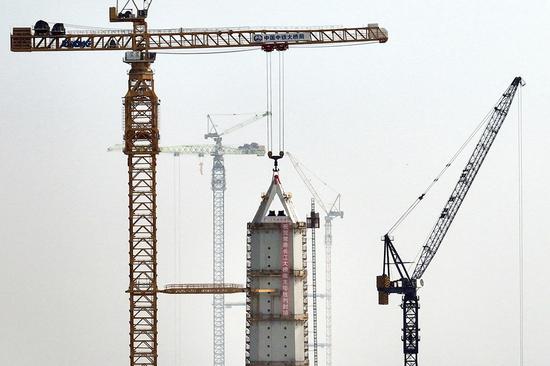

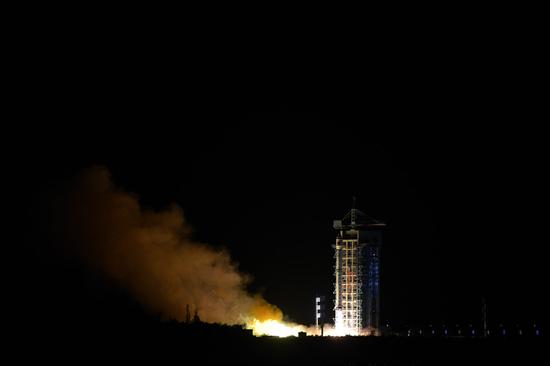

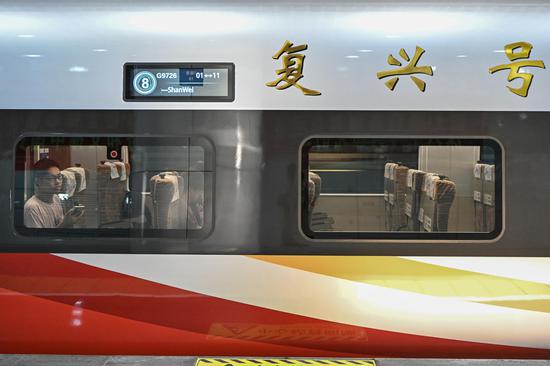







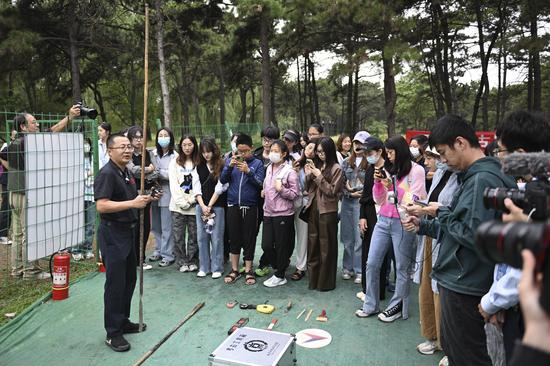


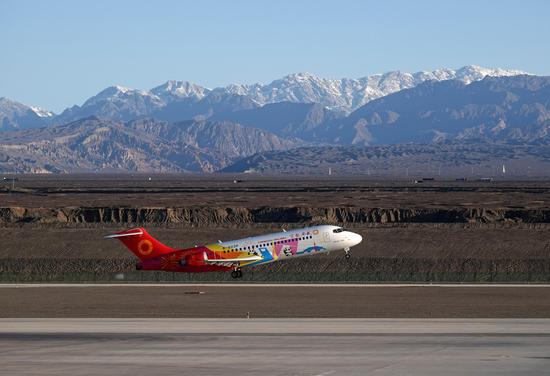

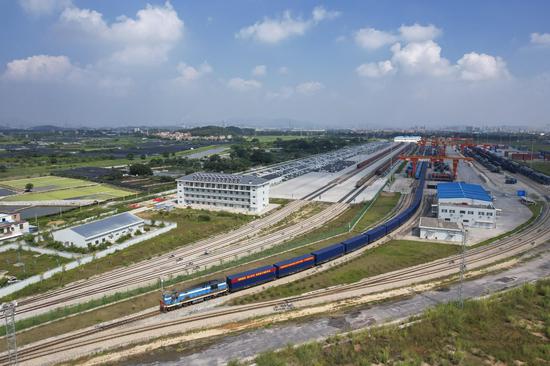



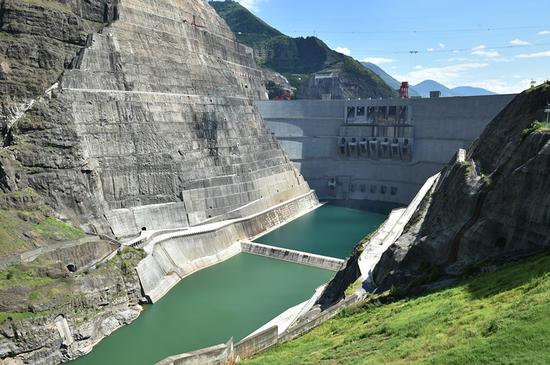
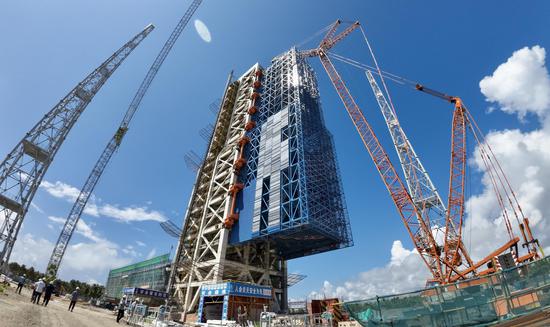
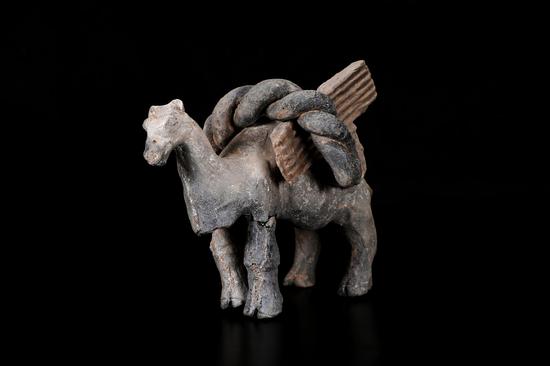







 京公网安备 11010202009201号
京公网安备 11010202009201号